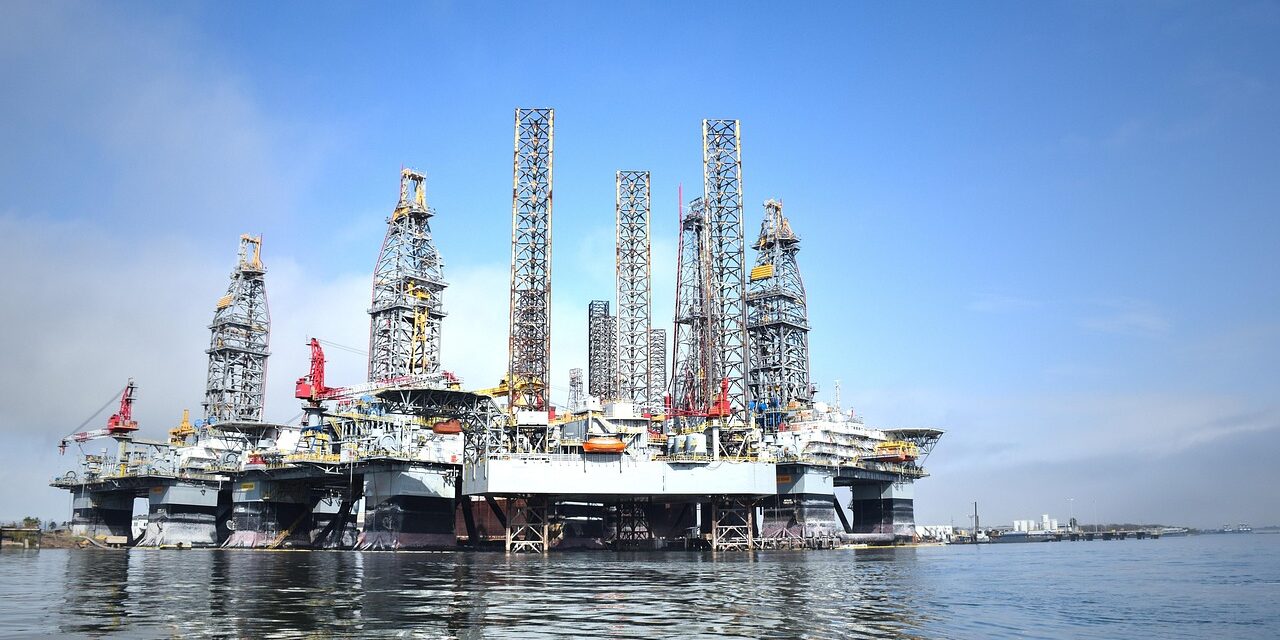The Story of a True Situationship in the Energy Sector
When discussing the economic opportunities lost by the EU due to its inability to effectively engage with Iran, TotalEnergies stands out as a striking example of a European energy giant missing out on a highly promising market. With its expertise spanning oil, natural gas, and renewable energy, TotalEnergies is uniquely positioned to contribute to Iran’s energy sector, which boasts some of the largest natural gas and oil reserves in the world. However, geopolitical tensions and sanctions have placed significant barriers on this partnership, costing not only TotalEnergies but also the broader EU economy significant opportunities in terms of revenue, energy security, employment, and market diversification.
Iran’s Energy Potential: A Market Made for TotalEnergies
Iran holds the second-largest natural gas reserves globally (33.9 trillion cubic meters) and the fourth-largest proven crude oil reserves (157 billion barrels), according to BP’s 2022 Statistical Review of World Energy. For an energy multinational like TotalEnergies, which has a long history of operating in volatile but resource-rich regions, Iran represents a treasure trove of opportunities. The country’s energy infrastructure, while underdeveloped due to years of sanctions, has immense potential for modernization, where TotalEnergies’ technical expertise and financial muscle could make a significant impact.
In fact, TotalEnergies has already attempted to tap into this market. In 2017, the company signed a $5 billion contract to develop Phase 11 of the South Pars gas field, the largest gas field in the world. This project was expected to produce 2 billion cubic feet of gas per day for the Iranian domestic market and potentially for export. However, in 2018, the reimposition of U.S. sanctions forced TotalEnergies to withdraw from the deal, transferring its stake to China’s CNPC. This abrupt exit not only resulted in direct financial losses but also cost the company the strategic advantage of being an early mover in a lucrative market.
Lost Revenue and Strategic Opportunities
The South Pars project alone could have generated billions of euros in revenue for TotalEnergies over its lifetime. Beyond direct financial gains, the project would have positioned the company as a dominant player in Iran’s energy sector, giving it a foothold in one of the world’s most resource-rich regions. This would have been particularly significant considering Europe’s increasing need to diversify its energy sources in light of the 2022 energy crisis stemming from the Russia-Ukraine conflict.
The lost opportunity is not just about revenue but also about the strategic importance of Iran as a long-term energy partner. With the EU’s emphasis on reducing dependency on Russian gas, Iran could have served as an alternative supplier, especially given its proximity to Europe and its vast reserves. TotalEnergies’ involvement in Iran could have facilitated the development of pipelines or LNG infrastructure to bring Iranian gas to European markets, enhancing the EU’s energy security.
Employment and Economic Multiplier Effects
Had TotalEnergies been able to proceed with its South Pars investment, the project would have created thousands of jobs, both directly and indirectly, in engineering, construction, and operations. Beyond Iran, the ripple effects would have been felt in the EU as well, where subcontractors, equipment manufacturers, and service providers would likely have benefited from the increased demand for specialized energy technologies and expertise.
For example, TotalEnergies often works with European suppliers for its large-scale projects, meaning companies in countries like Germany, France, and Italy could have seen increased orders for industrial equipment, turbines, and engineering services. This would have bolstered employment in the EU while strengthening its industrial base.
Renewable Energy: Another Missed Opportunity
In addition to oil and gas, Iran possesses significant potential for renewable energy development, particularly in solar and wind power. The country’s high solar irradiance and vast, sparsely populated areas make it an ideal location for large-scale solar farms. TotalEnergies, which has been increasingly pivoting toward renewable energy as part of its transition strategy, could have played a leading role in developing Iran’s renewable energy sector.
According to a 2018 report by the International Renewable Energy Agency (IRENA), Iran has the potential to install up to 30 GW of solar and 25 GW of wind capacity by 2030. Partnering with Iran in this area would not only have helped TotalEnergies meet its sustainability goals but also diversified the EU’s renewable energy portfolio, contributing to its climate targets under the European Green Deal.
Broader EU Losses: Energy Security and Diversification
The EU’s inability to engage with Iran through companies like TotalEnergies is not just a loss for the company but also a strategic setback for the entire bloc. The energy crisis of 2022 highlighted the dangers of over-reliance on a single supplier, in this case, Russia. By blocking avenues for European companies to work with Iran, the EU has effectively limited its options for energy diversification, leaving itself vulnerable to future supply disruptions.
Moreover, European companies’ absence from Iran has allowed competitors from China and Russia to fill the vacuum. Chinese companies, in particular, have been increasingly active in Iran’s energy sector, securing long-term contracts and strengthening their geopolitical influence in the region. This represents a lost opportunity for the EU to assert its own influence and secure a share of Iran’s energy market.
For TotalEnergies, Iran represents a missed opportunity of monumental proportions. From the canceled South Pars project to the untapped potential of renewable energy, the company’s inability to operate in Iran due to EU compliance with U.S. sanctions has resulted in billions of euros in lost revenue, thousands of missed job opportunities, and a weakened strategic position for both the company and the EU as a whole.
As the EU continues to grapple with energy security challenges and its transition to a carbon-neutral future, revisiting its approach to Iran could open up new economic and strategic possibilities. For TotalEnergies, the door to Iran remains closed for now, but the potential rewards for both the company and the EU suggest that it is an opportunity worth reconsidering.






